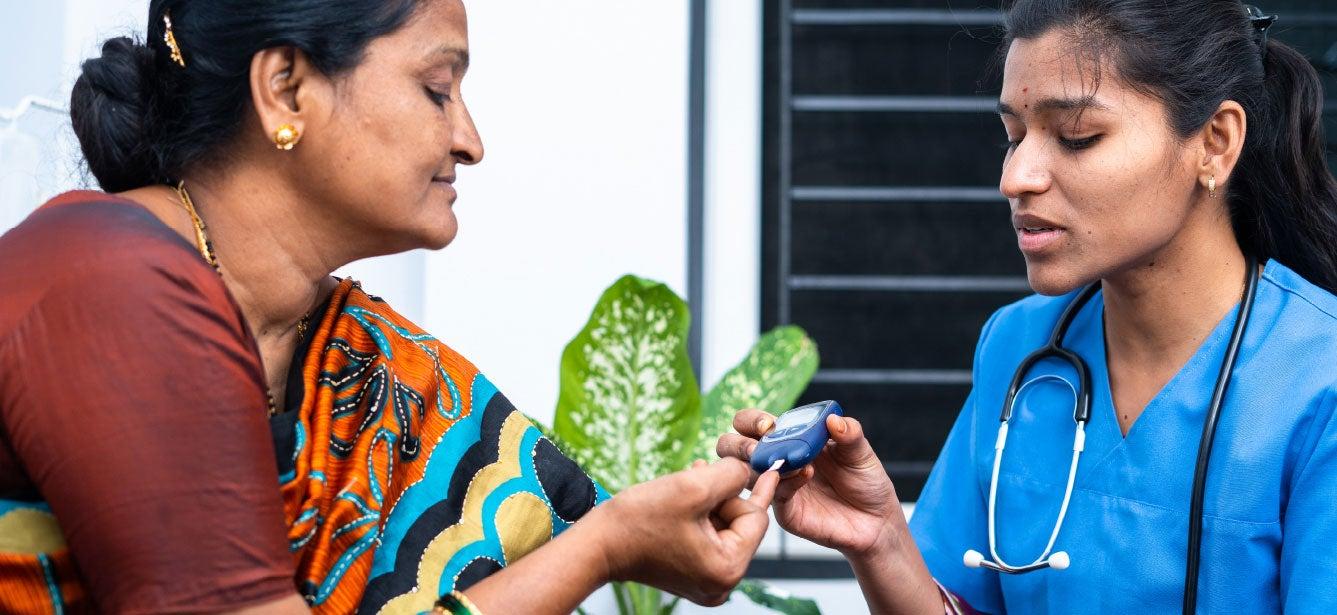
By covering certain out-of-pocket costs, Medicare Savings Programs (MSPs) provide vital support to many Medicare beneficiaries living on a low or fixed income. The Qualified Disabled Working Individual (QDWI) program is one of four MSPs administered by individual states. Learn more about this program and see if you meet its requirements for enrollment.
What is the Qualified Disabled Working Individual program?
The QDWI program is considered less common than the other MSPs. It helps pay for the Medicare Part A (Hospital Insurance) premium if you:
- Enroll in Medicare Part A
- Are under age 65
- Have a disability
- Returned to work
- Are ineligible for Medicaid
- Have limited income and assets
A premium is a fixed amount you pay every month for your Medicare coverage. Most people do not pay a premium for Medicare Part A. But if you’re younger than 65 with a disability and you returned to work successfully (after collecting Social Security Disability benefits while out of work), you no longer qualify for premium-free Part A.
What about Part B premiums? The QDWI program does not cover Part B premiums, unlike the Qualified Medicare Beneficiary (QMB), Specified Low-Income Medicare Beneficiary (SLMB), and Qualifying Individual (QI) Medicare Savings Programs.
What is the benefit of QDWI?
The main advantage of the QDWI program is saving money. If you qualify, it helps pay for your Part A premium—up to $518 a month in 2025. This can help you worry less and live better by freeing up your budget to afford food, heating bills, housing, and other living expenses.
You can also receive retroactive reimbursement for your Part A premiums through QDWI. In other words, you will get money back for any Part A premiums you paid up to three months before your enrollment effective date. You must have met QDWI eligibility guidelines during that time period.
What is the income limit for QDWI?
To be enrolled in QDWI, you must be signed up for Medicare Part A. You must also have income and assets below specific limits that are decided by the state where you live. These limits are based on the Federal Poverty Guidelines (FPG) and change every year. New limits are released each January. Most U.S. states use the guidelines below, but some may set higher income limits or eliminate the asset requirements altogether.
Note: Your state’s Medicaid agency may not use the current year's guidelines until March or April, after the Centers for Medicare & Medicaid Services have formally published these figures.
Below are the general QDWI income limits for 2025:
|
Monthly Income Limit |
Asset Limit |
|
$5,302 if single Alaska Hawaii |
$4,000 if single |
QDWI income thresholds range up to 400% FPG and include $20 unearned and $65 earned income disregards (meaning those amounts are not counted toward the limit). If you receive Supplemental Nutrition Assistance Program (SNAP/food stamps) benefits each month, those funds are also not counted toward the limit.
Countable assets (or resources) include money in your checking and savings accounts and stocks and bonds. They do not include:
- Your primary home
- One car
- Furniture and other household/personal items
- Burial plots and up to $1,500 in burial expenses per person
Wondering if you meet QDWI guidelines? You may still satisfy the requirements for one of the four MSPs, since some parts of your income and assets may be disregarded. You have nothing to lose by applying to the programs to see if you can get financial help.
How do I apply for the QDWI program?
If you think you may qualify for Medicare savings, it’s a good idea to fill out an MSP application as soon as possible. Keep in mind you’ll be enrolled in the program for which you qualify based on your income and assets—you won’t be able to select the option you prefer.
Since all states have their own guidelines and application process, you’ll want to find out what your state requires. To get started:
- Contact your State Health Insurance Assistance Program (SHIP) to see if you qualify for QDWI or another MSP. Find your local SHIP office here or call 1-877-839-2675. Their Medicare counselors can help you determine your eligibility and start an application.
- Use BenefitsCheckUp®, our free online tool. All you have to do is enter your ZIP code to discover all the benefits you qualify for—including the Qualified Disabled Working Individual (QDWI) program or any of the other MSPs. These benefits programs can help you stay healthy and independent and more easily afford daily living expenses.




